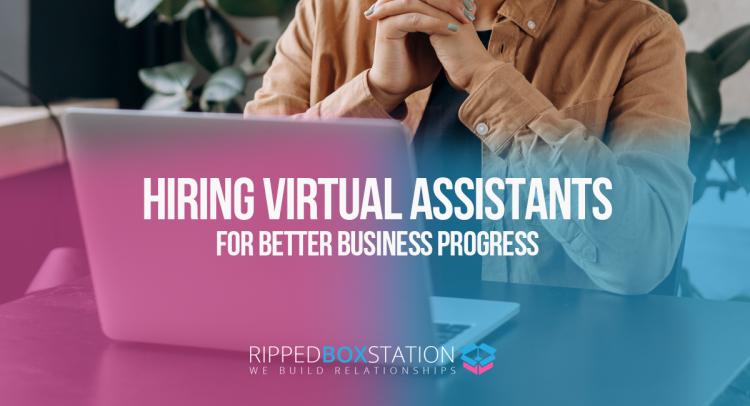SaaS operations play a crucial role in today’s technology-driven business landscape, offering software solutions through the cloud. However, these operations face various challenges in terms of scalability, cost-efficiency, and access to specialized expertise. This is where Talent as a Service (TaaS) emerges as a game-changer. TaaS provides a flexible and efficient approach to sourcing talent for SaaS companies, streamlining their operations and empowering them to overcome obstacles. This article explores the concept of TaaS and its significance in optimizing SaaS operations.
I. Understanding Talent as a Service (TaaS)
TaaS can be defined as an on-demand model that connects businesses with specialized talent, delivering the required expertise precisely when it is needed. Its key characteristics include flexibility, scalability, and agility, differentiating it from traditional hiring models. By embracing TaaS, SaaS companies can leverage its benefits to enhance their operations significantly.
II. Streamlining SaaS Operations with TaaS
A. Enhancing scalability and flexibility
- On-demand access to specialized talent:
TaaS enables SaaS companies to tap into a pool of highly skilled professionals with specific expertise, ensuring they have the right talent available when a project demands peak.
- Rapid resource allocation and scaling based on demand:
With TaaS, SaaS companies can quickly allocate resources to match the changing needs of their projects. This scalability allows them to respond effectively to varying workloads without compromising efficiency or incurring unnecessary costs.
B. Optimizing cost-efficiency
- Eliminating the need for long-term contracts:
By adopting TaaS, SaaS companies can avoid long-term contractual commitments. They can engage talent on a project-by-project basis, reducing overhead costs associated with maintaining a permanent workforce.
- Paying for talent only when needed, reducing overhead costs:
TaaS offers a pay-as-you-go model, where SaaS companies only pay for the services rendered by the talent during specific project phases. This cost-efficiency contributes to overall operational optimization.
C. Driving innovation and expertise
- Leveraging diverse skill sets and experiences:
TaaS provides access to a diverse pool of talent with various skill sets and experiences. SaaS companies can tap into this expertise to drive innovation, bring fresh perspectives, and deliver high-quality products or services to their customers.
- Access to cutting-edge technologies and knowledge:
TaaS professionals often stay updated with the latest technological advancements and industry trends. Leveraging TaaS allows SaaS companies to gain access to this knowledge, ensuring they stay competitive and ahead of the curve.
III. Implementing Talent as a Service in SaaS
A. Assessing talent requirements and gaps
- Identifying key skill sets and expertise needed:
SaaS companies should evaluate their project requirements and identify specific skill sets and expertise required to fill talent gaps effectively.
- Evaluating existing workforce capabilities:
Before implementing TaaS, it’s essential for SaaS companies to assess their existing workforce capabilities and identify areas where external talent can complement and enhance their internal teams.
B. Choosing the right TaaS provider
- Researching reputable TaaS providers:
SaaS companies should conduct thorough research to identify reputable TaaS providers. Factors such as expertise, industry reputation, and client testimonials should be considered during the selection process.
- Considering factors such as expertise, scalability, and cultural fit:
When choosing a TaaS provider, SaaS companies should ensure that the provider’s expertise aligns with their specific requirements. Scalability and cultural fit should also be taken into account to foster smooth collaboration and integration.
C. Onboarding and managing TaaS talent
- Integration with existing teams and workflows:
SaaS companies should focus on integrating TaaS. Onboarding and managing TaaS talent require careful consideration to ensure seamless integration with existing teams and workflows. SaaS companies should prioritize the integration process to maximize the benefits of TaaS and foster effective collaboration.
Conclusion:
Talent as a Service (TaaS) is a transformative solution that empowers SaaS companies to streamline their operations and achieve optimal efficiency. With on-demand access to specialized talent, TaaS enhances scalability and flexibility towards innovation. By eliminating long-term contracts and reducing overhead costs, TaaS ensures cost efficiency for SaaS companies.
At Ripped Box Station, we understand the significance of smooth onboarding and effective management of TaaS talent. Our experienced team is ready to assist you in integrating TaaS professionals into your existing operations, ensuring a seamless transition and delivering exceptional outcomes.
Contact us at [email protected] to learn more about how our TaaS services can streamline your SaaS operations and drive your company’s success. You can also book a time directly on this Calendly link: https://calendly.com/rbs-virtual-assistant. We look forward to partnering with you and helping you leverage the power of Talent as a Service to achieve your business goals.





